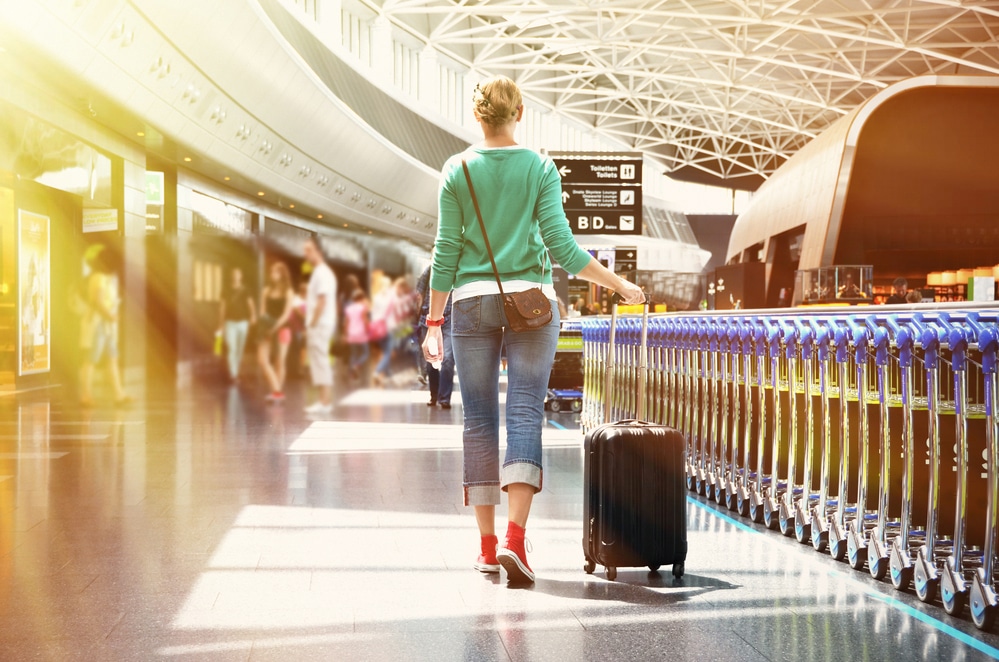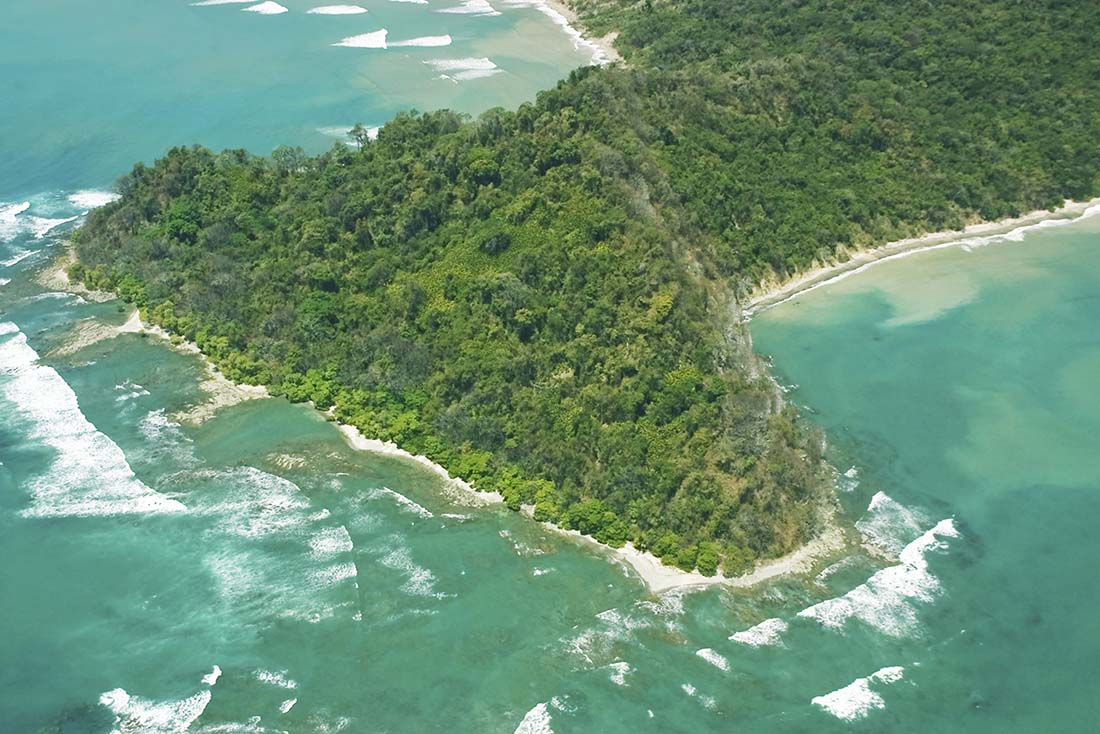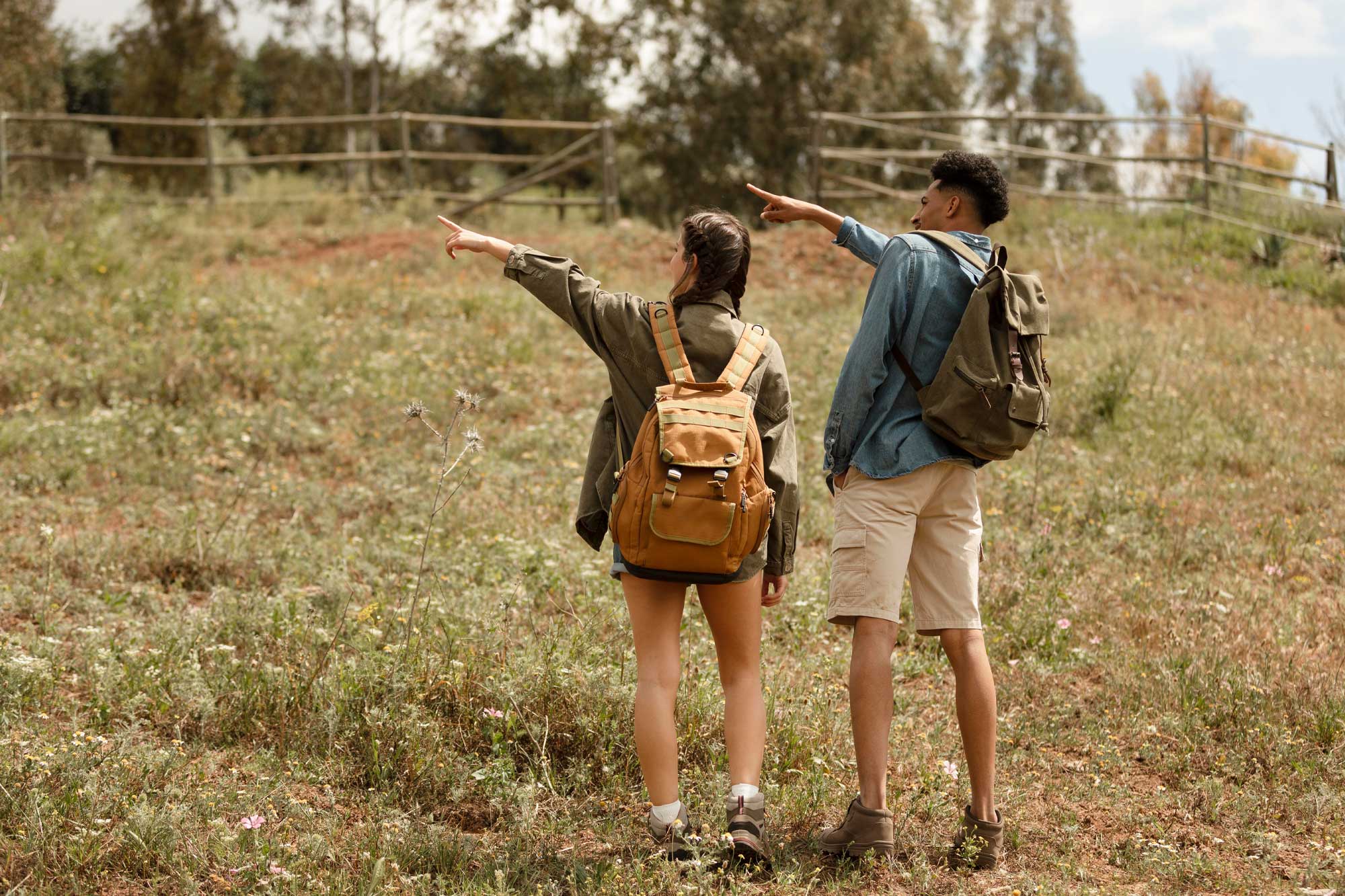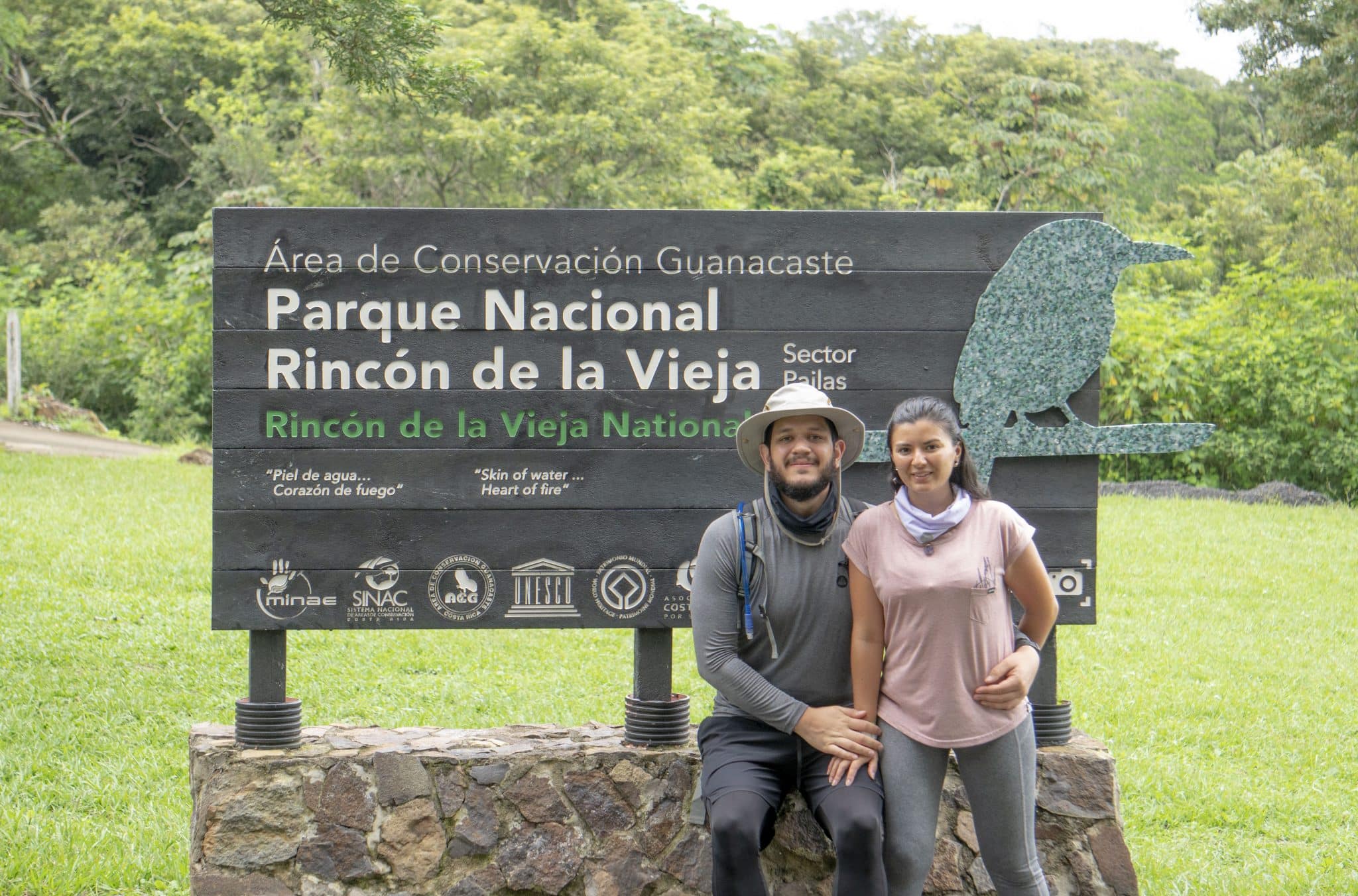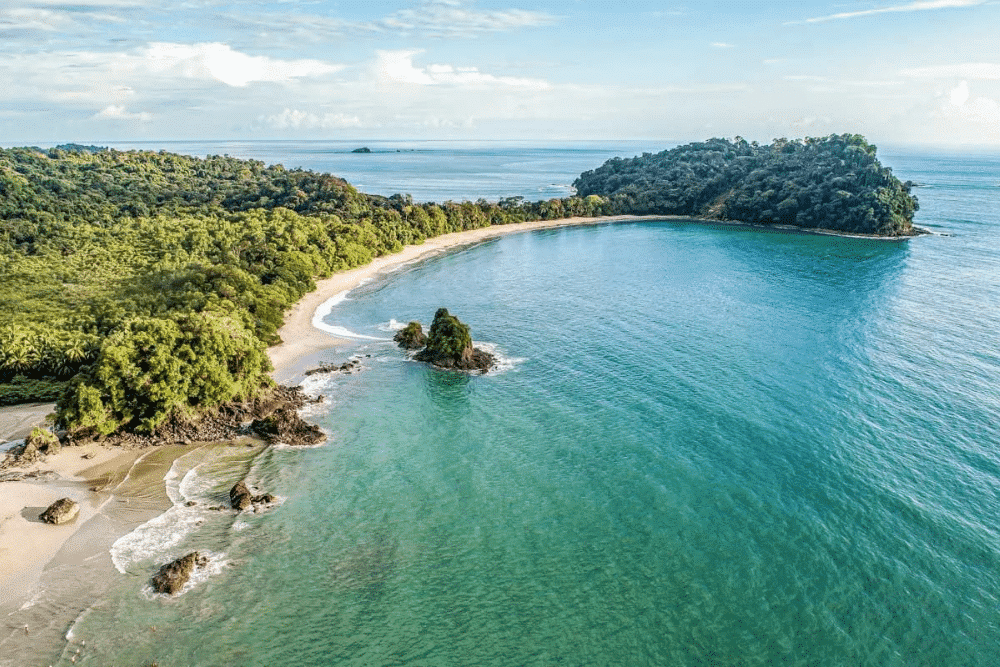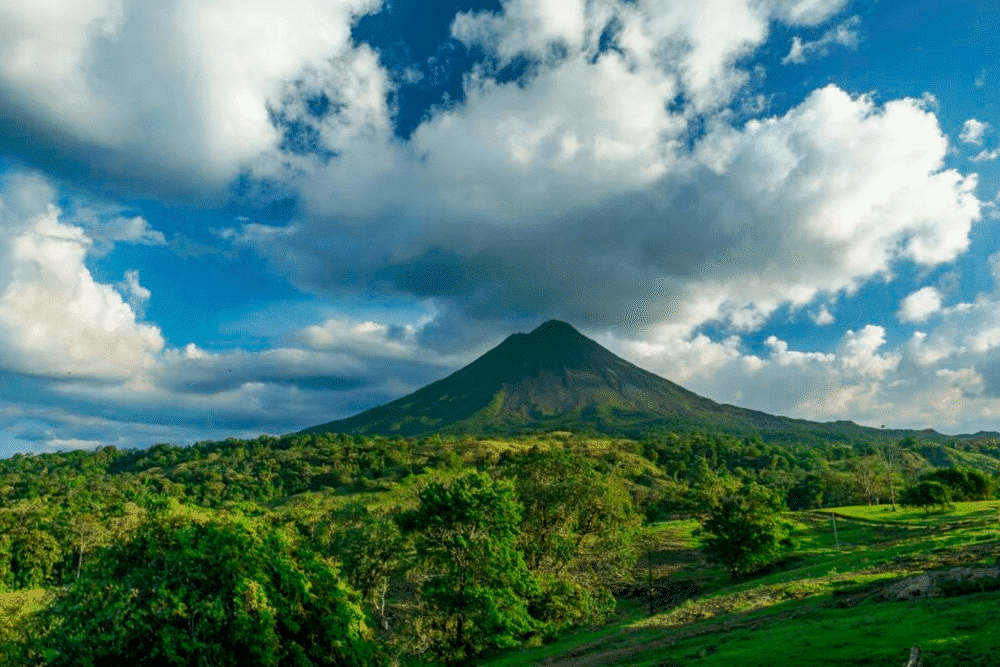With just a few confirmed cases of COVID-19 in Costa Rica, it remains a safe and beautiful place to travel; still, all travelers, regardless of destination, should take precautions.
Costa Rica does have five confirmed, but isolated, cases of the new coronavirus, which has been named a global health emergency by the World Health Organization (WHO). The five cases are as follows:
- A 49-year-old U.S. tourist, who was Costa Rica’s first confirmed case as reported by the Tico Times on Friday. Her husband, also 49 and a U.S. citizen, has also tested positive, though he is asymptomatic.
- A 54-year-old Costa Rican man who remains in intensive care at a Costa Rican public hospital. The man has preexisting health conditions, complicating his case.
- A 73-year-old woman who is the aunt of the hospitalized Costa Rican man.
- A 41-year-old Costa Rican woman who was a caretaker for the hospitalized man.
The government is taking steps to reassure visitors and residents alike about its efforts to mitigate the spread of the virus now that it has appeared in Costa Rica.
The health ministry has announced protocols for businesses and government offices:
- Signs describing the correct ways to wash your hands and to shield sneezes and coughs are required for all businesses, schools, and churches.
- Businesses have been advised to disinfect doorknobs, washbasin handles, toilets, telephones, keyboards, and computer devices twice a day at a minimum.
- The bus and train operators will regularly disinfect all surfaces touched by riders.
- Public service reminders via radio and television about washing hands and not touching your face.
- Costa Rica’s international airports and major ports have strict protocols for handling any suspected cases of coronavirus.
How to protect yourself and your family when flying to Costa Rica
Fortunately, you already know how to protect yourself against catching COVID-19 the same way you would handle any contagious disease or illness.
Still, flying presents a little extra risk when it comes to germs, regardless of how serious or benign those germs might be.
When flying, use the following precautions to protect yourself and your group or family from contagions.
- Avoid physical contact with people; even though you became best friends with your seatmate on the plane, you really don’t need to shake hands to seal the new friendship. An elbow bump, or just a smile, will do.
- Bring disinfectant wipes in your handbag or carryon. Don’t be shy about wiping down your seat-back tray, armrests and other surfaces around you on the plane.
- Wash hands regularly with soap and water. When washing your hands, do so like you’ve just handled jalapeños and are about to remove your contacts; sing the ABCs just to be sure you spend enough time on the task.
- Carry along hand sanitizer and use it frequently. Choose hand sanitizers that are at least 60% alcohol, use generously, and scrub your hands 20 seconds.
- Masks are controversial; unless it’s an N95 respirator, a mask will not protect you from COVID-19. A paper mask, however, will help you prevent the spread of germs from you to others. If you want to be extra considerate by taking this precaution, most will appreciate the effort. Remember, there are few symptoms during the incubation period of COVID-19.
- Finally, if you are feeling unwell before your trip, do check in with your doctor; also, please do reschedule your trip to Costa Rica if you’re sick! Most airlines and many hotels are making exceptions during this difficult time when it comes to change fees for rescheduling travel.
Clean hotel rooms in Costa Rica
When you’re not out and about, you’ll want to be confident your hotel room is as clean as possible. Disinfectant wipes can clean commonly used surfaces. Their effectiveness varies, so be sure to read the label.
These are some things to look for to assure yourself that your hotel room is clean:
- Look around the lobby for a first impression. Are the floors clean and the upholstery in good condition? Are the fixtures and surfaces dust-free, no smears?
- Once in your room, inspect the bathroom for cleanliness and, in the tropics, signs of mold. Are towels clean and in good condition? Are the shower, tiles, shower curtain, and sink spotless? Above all, give the toilet a good look. You’ll know if it’s clean.
- Look at the floors around the bed and under it if you can. Any dust bunnies?
- Go ahead and stash the bedspread in the top of the closet; you’ll be plenty warm with freshly washed blankets and sheets.
- Look for fingerprints on light switches and handles.
- Try to avoid big, chain hotels, smaller boutique hotels tend to hold themselves to higher standards. Also, smaller hotels host fewer people.
Making new friends during your trip to Costa Rica
Many gringos are enchanted by the European style of meeting and greeting others in Costa Rica; even strangers tend to say hello, or “nice to meet you,” with a customary air kiss on one cheek. Like in the States, shaking hands is common between men.
During this time of global concern, it may be best practice – and won’t be found offensive- to hold off on this kind of contact with others. As suggested above, a smile or elbow bump will do and your consideration for the health and safety of others will be appreciated.
How COVID-19 spreads
Like all human coronaviruses, COVID-19 spreads like any cold or the flu. The fall and winter seasons are when the virus is at its most active, but coronaviruses can appear at any time. Most people infected with COVID-19 have only minor symptoms, or they can be asymptomatic.
The World Health Organization has advised that the virus spreads by saliva or mucous droplets from sneezing or coughing. The WHO and other health agencies disagree on the length of time the virus lives on surfaces; it could be a window of 30 minutes or longer.
If you take common-sense precautions, you’ll reduce your exposure to COVID-19 and increase your peace of mind. There’s no need to let this coronavirus stop your vacation to Costa Rica; just take care of yourself and be considerate of others as you would at any other time.

